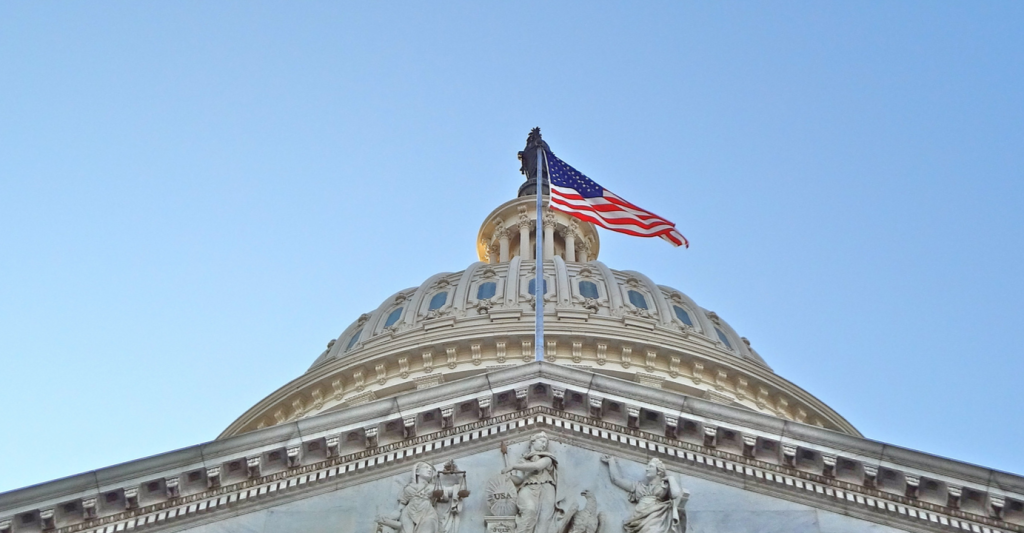Insight
January 8, 2016
The House on Regulation: Regulatory Reform Passes

Last night, the House of Representatives passed the “Searching for and Cutting Regulations that are Unnecessarily Burdensome” (SCRUB) Act. With 245 votes, the bill easily sailed through the chamber, garnering six Democratic votes, with just two Republican defections (Walter Jones and Thomas Massie). The American Action Forum (AAF) testified twice when the bill was under discussion in the Judiciary Committee.
SCRUB would establish an independent commission to conduct a review of the Code of Federal Regulations and examine rules that are redundant, impose net costs, unnecessarily burden small businesses, or contribute to wage stagnation. Delving into more than 175,000 pages of regulation is, naturally, no easy task.
The commission established by SCRUB would have five years to conduct reviews. From a policy perspective, the evaluation of past regulations should not end after five years; it should be a continual endeavor to ensure regulations remain effective and impose as little burden as possible while still fulfilling the statutory mandate.
Once the commission’s work has concluded, it will generate a pool of regulations for repeal and amendment. Once Congress approves this pool of regulations to amend, an agency may not issue a new rule until it revises a previous rule in the “cut-go” pool. This is a modified version of a regulatory budget, but instead of delegating the retrospective review to the agency alone, the commission handles the task of sorting through old regulations.
Furthermore, SCRUB enshrines the bipartisan idea of retrospective review by requiring agencies to include a plan for review in every rule. This is in executive order form now, but not law, and agencies rarely comply with this discretionary requirement. Obtaining initial benefit-cost estimates from agencies and outside parties provides some knowledge today, but far more important is the after-the-fact, real impact of regulation on the economy, individuals, and the environment.
For perspective, the chart below tracks cumulative paperwork burdens since 1997:

Gradual regulatory accumulation has pushed the amount of time Americans spend complying with federal regulation from about seven billion hours (25 hours per person) to approximately 11.5 billion hours (35 hours per person). SCRUB has a stated goal of reducing regulatory burdens by 15 percent. If successful, it could save the average American more than five hours of paperwork.
That might not sound earth-shattering, but generally, any progress on regulatory reform should be considered positive progress. Even though the president’s regulatory reform initiative was hardly perfect, it still retained an emphasis on benefit-cost analysis and did repeal several redundant regulations. SCRUB, if signed (an unlikely scenario in 2016), won’t revolutionize the regulatory state, but no single bill can. Whether the spirit of SCRUB survives in 2016 and 2017 depends on Congress and its commitment to regulatory reform. Judging by the first few days of this year, that commitment is strong.










